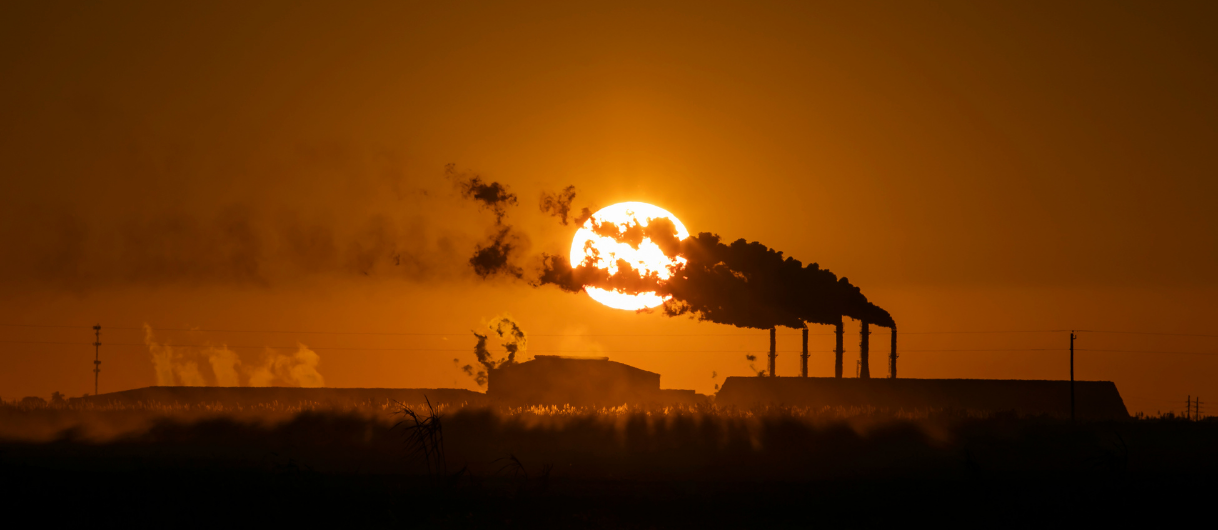Florida ecology is being ‘annihilated.’ Here’s how to stop it
Florida ecology is being ‘annihilated.’ Here’s how to stop it

Out-of-control development, poor water quality, dead seagrass and dying manatees were not inevitable in Florida.
It didn’t have to be this way.
But it IS this way due to specific decisions made by elected leaders and bureaucratic officials who act in the interest of rapacious private interests rather than the public good.
And the result, writes Tallahassee novelist Jeff VanderMeer in a must-read May 18 piece in Current Affairs magazine, is “ecocide.”
Most of this harm has been inflicted in the service of unlimited and poorly planned growth, sparked by greed and short-term profit. This murder of the natural world has accelerated in the last decade to depths unheard of. The process has been deliberate, often systemic, and conducted from on-high to down-low, with special interests flooding the state with dark money, given to both state and local politicians in support of projects that bear no relationship to best management of natural resources.
VanderMeer goes into great detail about how those special interests have gamed the system, all too often with the assistance of state agencies eager to greenlight whatever the deep pockets want.
Politicians who back the proposals get “substantial campaign contributions” from those who stand to profit.
Questionable proposals — like the Northern Turnpike Extension, dubbed the “Toll Road to Ruin” — plow ahead even where a huge majority of public comments stand in opposition.
Stage agencies obfuscate; regulators who should be tapping the brakes instead stand on the accelerator.
Then the bulldozers arrive. VanderMeer gives a stark blow-by-blow rundown of what comes next.
The first phase of development, often roads, kills and displaces wildlife and important plants and trees. Wildlife becomes roadkill — 50 percent of all Florida panther deaths occur on the road.
Street lights create light pollution in areas where you could once see the stars.
“Next come the gas station mega complexes, with dozens of pumps built on a half-acre of concrete, alongside full-service convenience stores, which replaces forest and increases light pollution, as well as groundwater pollution,” VanderMeer writes.
Then maybe you get single-family homes on large lots, which ostensibly creates less density but often involves clearcutting and additional wildlife impacts.
And it’s all a precursor for large-scale development, “often extending from the existing urban areas, but sometimes plunked down in the middle of nowhere, with the expectation of further infrastructure and services accreting around them.”
This is the story of Florida in 2022. Actually, it’s been the story of Florida forever.
But it doesn’t have to be this way.
And where we have elected officials willing to stand up for Florida’s waters, Florida’s wilderness and wildlife, the growth machine – the process of chewing up and spitting out wild Florida – can be slowed.
In Miami-Dade last week, five commissioners voted to reject an application to expand the Urban Development Boundary, temporarily thwarting a proposal to turn 800 acres of farmland into a warehouse complex. The project isn’t dead, but it’s on thin ice — specifically because these commissioners listened to the people who put preservation over dubious claims of “economic development.”
Similarly, in Citrus County earlier this month, commissioners voted unanimously for the “no build” (at least in Citrus) option for the Northern Turnpike Extension.
This is what can happen when elected officials “vote water.” But for this to happen consistently — often enough to make a difference — we need more such leaders.
That’s why VoteWater publishes our Voter Guides each election cycle, to identify these candidates. Who opposes this “annihilation” of Florida; what will they do to stop it? Which candidates will reject campaign cash from polluters and the deep-pocketed interests who would pave the last blade of Florida grass, pollute the last drop of water if it made “economic sense?”
If we want better policy, we need better politicians. That’s our mantra.
But we can’t do this alone. With your support, we can expand the voter guides, we can extend our reach into more areas of the state and we — you — can become a more prominent voice in the halls of power, in Tallahassee or your own town council.
We do not have to tolerate “ecocide.”
It doesn’t have to be this way.
But it will be — until we all “vote water.”


